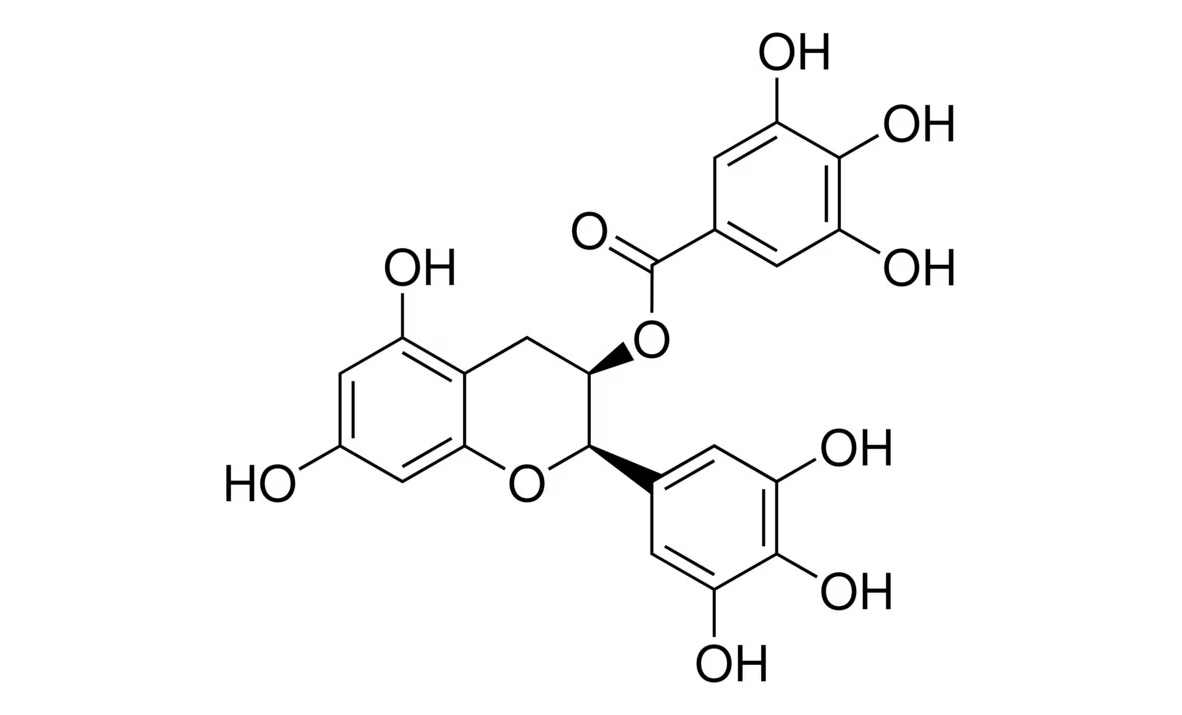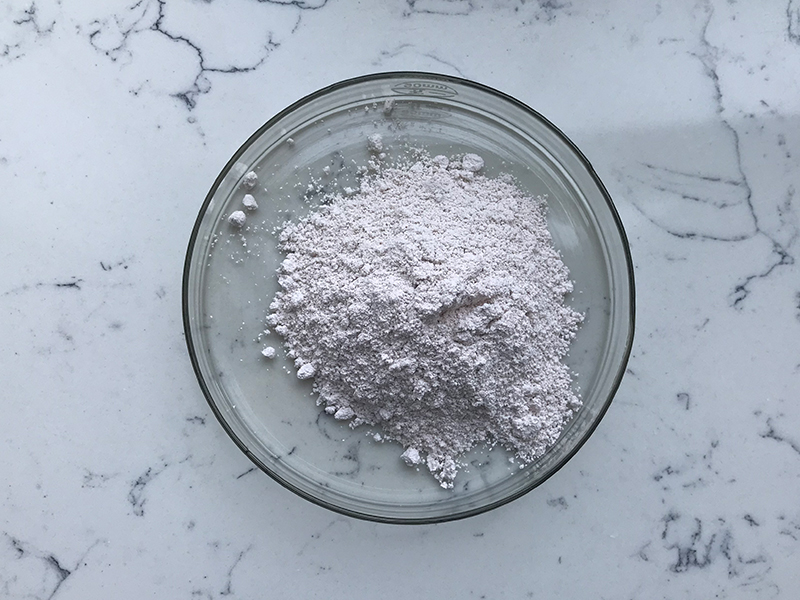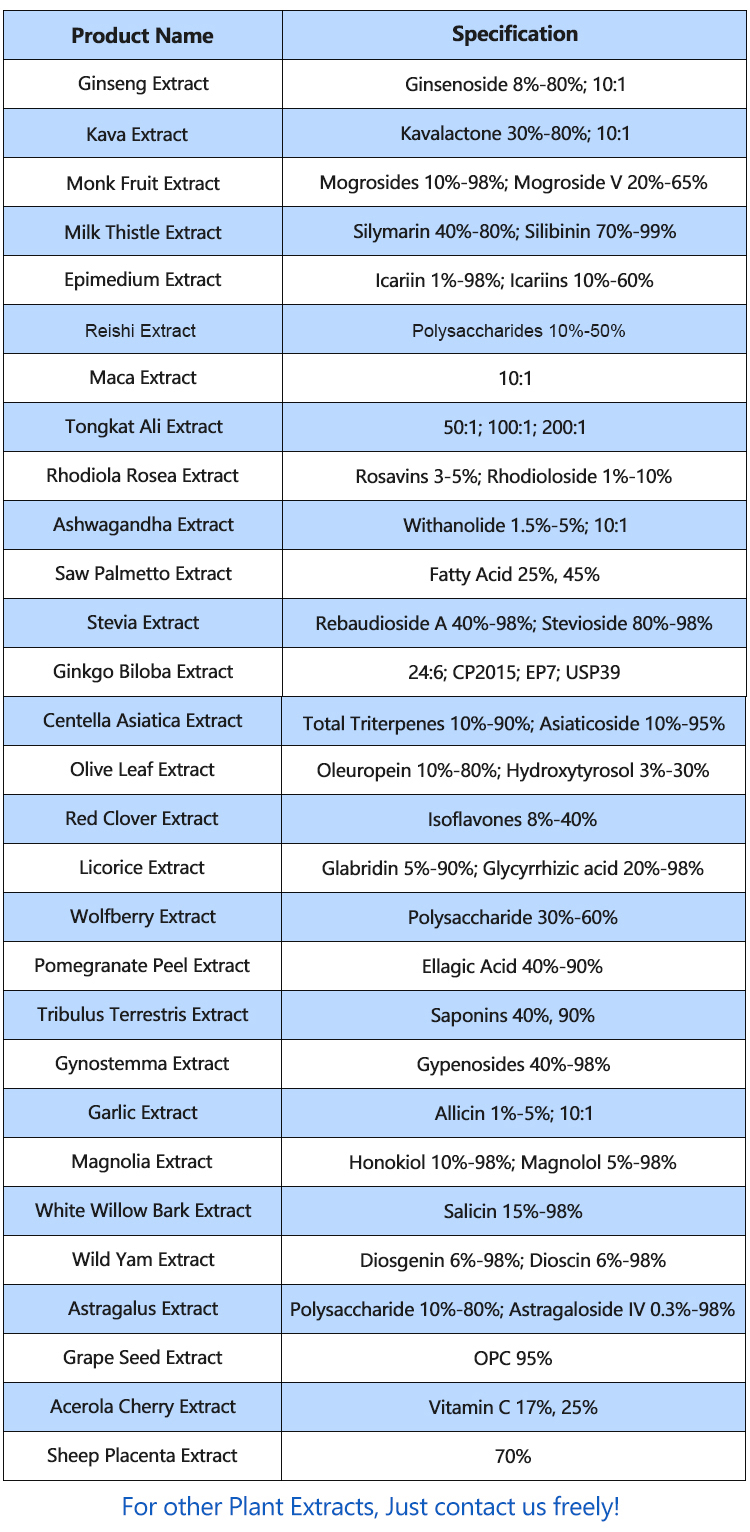EGCG (Epigallocatechin gallate) is a catechin, which is a type of natural phenol and antioxidant. It is one of the major components found in green tea. Here is some information on the chemical structure and physical properties of EGCG:
Chemical Structure:
EGCG is a polyphenolic compound and belongs to the class of catechins. Its chemical structure consists of:
A gallic acid ester group
A pyrogallol-type structure
Four phenolic hydroxyl groups
The chemical formula of EGCG is C22H18O11, and its systematic name is (2R,3R)-5,7-dihydroxy-2-(3,4,5-trihydroxyphenyl)-3,4-dihydro-2H-chromene-3-yl 3,4,5-trihydroxybenzoate.

Physical Properties:
Molecular Weight: The molecular weight of EGCG is approximately 458.37 g/mol.
Solubility: EGCG is sparingly soluble in water but more soluble in organic solvents such as ethanol and methanol.
Color: EGCG is a greenish-yellow solid at room temperature.
Melting Point: EGCG has a melting point of around 218-220°C (424-428°F).
Stability: It is sensitive to light and heat, and its stability can be affected by exposure to these factors.
Biological Activity:
EGCG has been studied for its various biological activities, including antioxidant, anti-inflammatory, and anticancer properties. It is known for its potential health benefits and is often attributed to some of the positive effects associated with green tea consumption.
It’s important to note that the information provided here is a general overview, and more detailed studies may be available for specific applications or research areas.

Potential benefits of EGCG
EGCG (Epigallocatechin gallate) is a type of catechin, which is a natural antioxidant found in green tea. It has been studied for various potential health benefits, although research is ongoing and not all findings are conclusive. Here are some potential benefits associated with EGCG:
Antioxidant Properties: EGCG is a potent antioxidant that helps neutralize free radicals in the body, which can reduce oxidative stress and inflammation.
Heart Health: Some studies suggest that EGCG may have a positive impact on cardiovascular health by improving cholesterol levels, reducing blood pressure, and promoting blood vessel health.
Weight Management: EGCG has been investigated for its potential role in weight management. It may help boost metabolism and fat oxidation, contributing to weight loss or weight maintenance.
Cancer Prevention: There is ongoing research on EGCG’s potential role in preventing certain types of cancer. It is thought to have anti-cancer properties and may inhibit the growth of cancer cells.
Brain Health: Some studies indicate that EGCG may have neuroprotective effects, potentially reducing the risk of neurodegenerative diseases such as Alzheimer’s and Parkinson’s.

Diabetes Management: EGCG may help regulate blood sugar levels and improve insulin sensitivity, making it a potential aid in managing diabetes.
Anti-Inflammatory Effects: EGCG has anti-inflammatory properties that may be beneficial in conditions characterized by chronic inflammation.
Dental Health: EGCG has been studied for its potential role in preventing and treating oral health issues. It may help inhibit the growth of bacteria that contribute to tooth decay and gum disease.
It’s important to note that while there is promising research on the potential benefits of EGCG, more studies are needed to establish definitive conclusions. Additionally, the effectiveness of EGCG can vary based on factors such as dosage, form of consumption, and individual health conditions. Before considering EGCG supplements, it’s advisable to consult with a healthcare professional.
